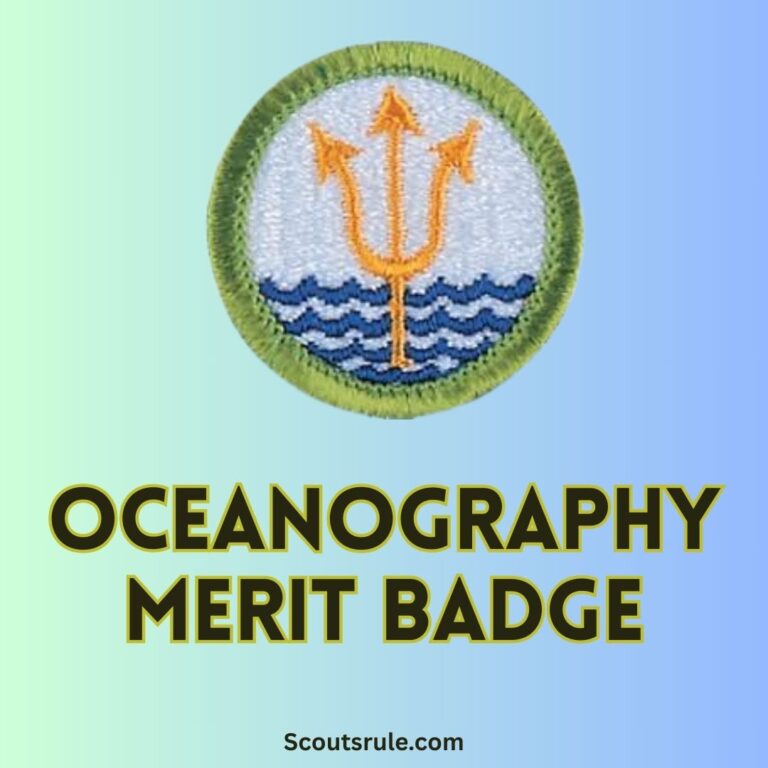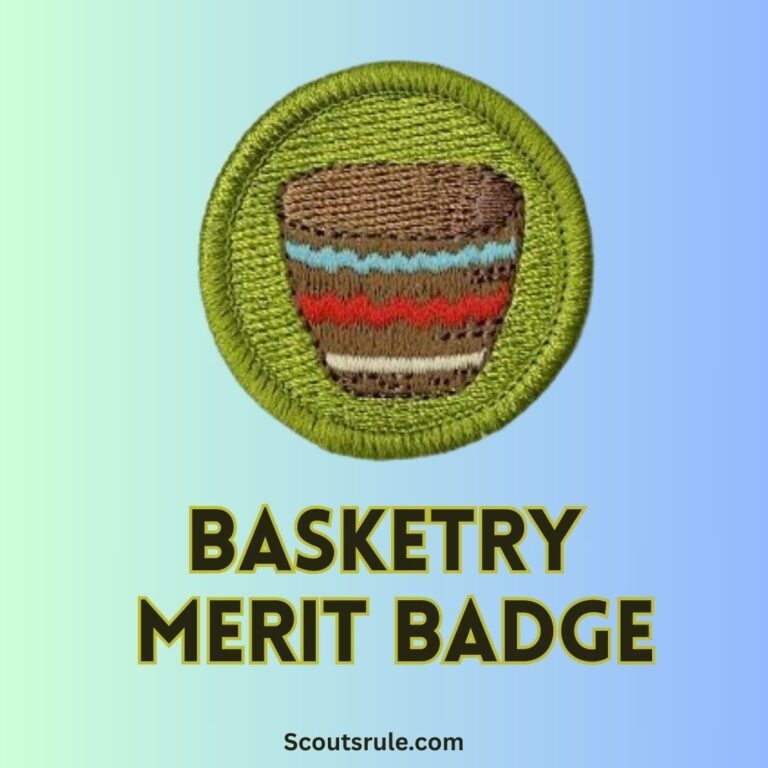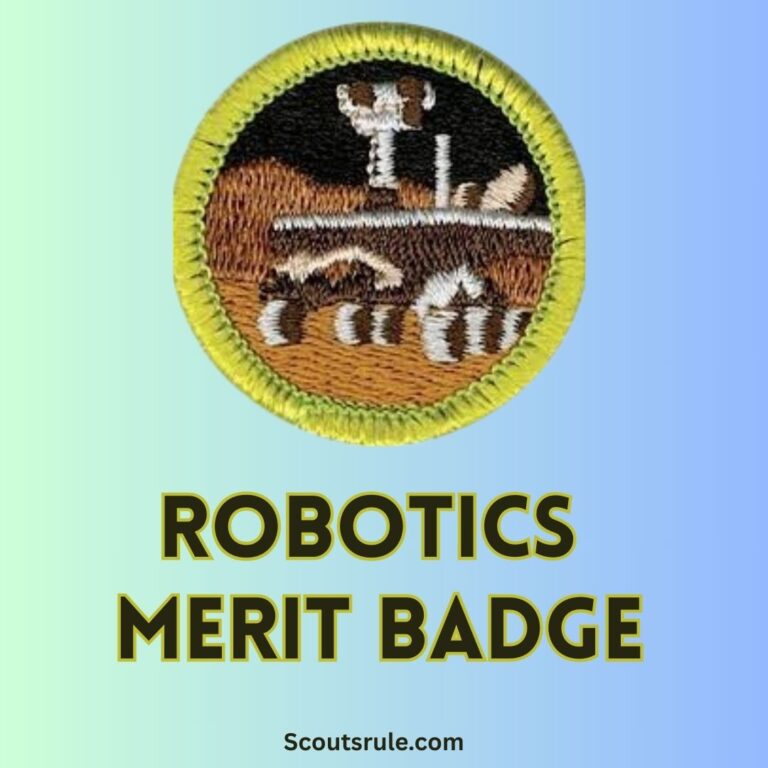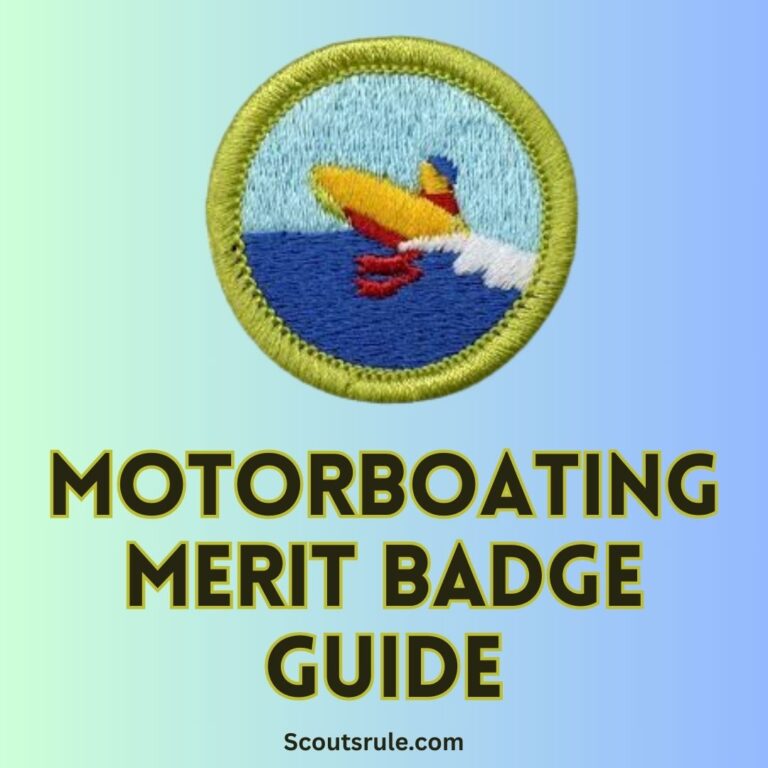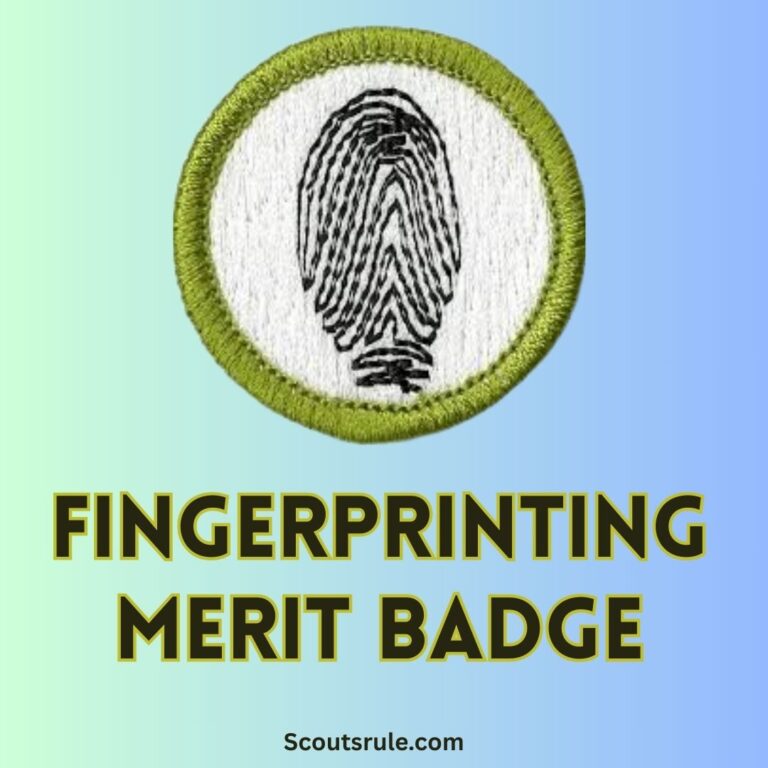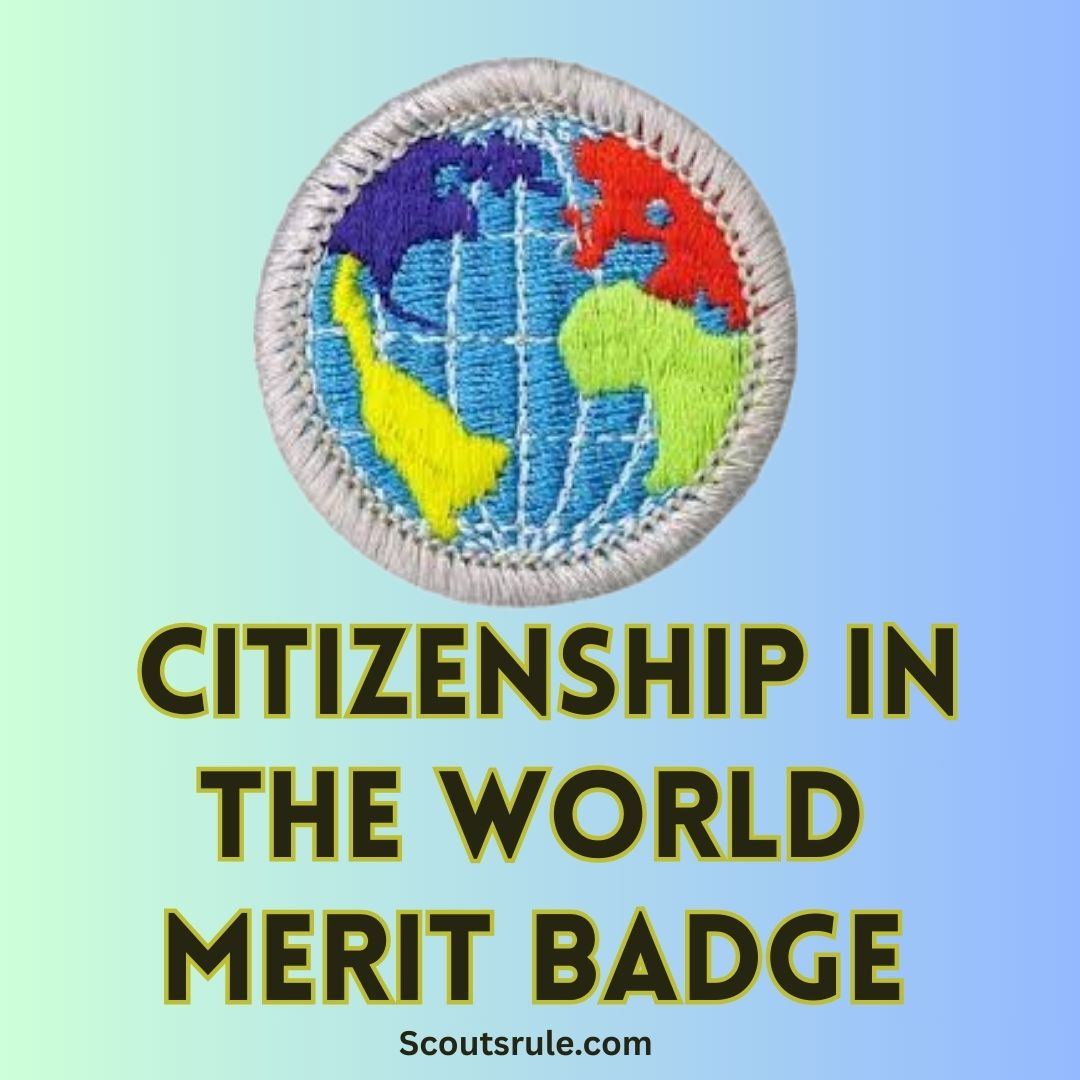
In today’s interconnected society, the idea of citizenship stretches far beyond the borders of any one nation. The Citizenship in the World Merit Badge, an Eagle-required badge for many Scouts, challenges you to explore your role as a responsible participant in a global community. It asks you to consider both the rights and obligations of citizens—whether American or from any other country—and to examine pressing world events and real international issues. This badge helps you gain the skills and insights needed to be a thoughtful, proactive global citizen while also understanding how decisions made at national levels influence people worldwide.
In the following guide, we will break down the merit badge requirements, invite you to reflect on what global citizenship means to you, compare the rights and duties of U.S. citizens with those of citizens from other nations, and analyze current events and international relationships. By the end of your journey, you will have a far deeper and more personal understanding of what it means to be a citizen in the world.
Post Contents
- 1. Defining Global Citizenship
- 2. Citizenship in the World Merit Badge Requirements Overview
- 3. Explaining What Citizenship in the World Means to You
- 4. U.S. Citizenship: Rights, Duties, and Obligations
- 5. Comparing U.S. Citizenship with That of Two Other Countries
- 6. Analyzing a Current World Event
- 7. Analyzing a Foreign Country: Geography, Natural Resources, and Global Partnerships
- 8. The Broader Significance of Global Citizenship
- 9. Practical Steps for Earning the Badge
- 10. Final Reflections: Becoming a Global Citizen
- Frequently Asked Questions (FAQ)
- Conclusion
1. Defining Global Citizenship
Before diving into the badge requirements, it is essential to consider what “citizenship in the world” really means. Global citizenship goes beyond the legal status of member in a nation. It is a mindset—an acknowledgment that individuals hold responsibilities, rights, and obligations not only towards their country but also to the entire human community. A good global citizen is informed, understands cultural differences, respects international laws and human rights, and works toward solutions that benefit people beyond their immediate community.
Take a moment to reflect on what global citizenship means to you. Is it about volunteering in cultural exchange programs? Is it about staying informed on international events? For some, it may involve actively contributing to solving global challenges like climate change or poverty. This badge challenges you to articulate your own understanding of what it takes to be a good world citizen—a perspective that will serve as the foundation for completing the requirements.
2. Citizenship in the World Merit Badge Requirements Overview
The merit badge has several key requirements that guide your exploration of global citizenship. You will be asked to:
- Explain what citizenship in the world means to you
Reflect on personal responsibility and how being a good world citizen extends beyond national borders. - Explain how one becomes a citizen in the United States and the rights, duties, and obligations that come with U.S. citizenship
Compare this process with the global idea of citizenship. - Discuss the similarities and differences between the rights, duties, and obligations of U.S. citizens and those of citizens from two other countries
This comparative investigation deepens your understanding of how differing governmental systems and cultural values shape civic responsibilities. - Examine a current world event
Discuss, with your counselor, how a country’s national interest and its relationships with other nations affect areas such as security, economy, values, and public health. - Select a foreign country and discuss how its geography, natural resources, and climate influence its economy and global partnerships
This helps you see firsthand how the physical and natural environment can shape a nation’s role on the global stage.
As you work through these requirements, you will gain insights not only into international relations and civic responsibilities but also into how global events impact everyday lives. This exploration will prepare you to approach world issues with balanced, informed opinions.
3. Explaining What Citizenship in the World Means to You
The first task is deeply personal: you must articulate what “citizenship in the world” means to you. Consider these guiding questions:
- What does being a global citizen look like in my daily life?
- How do my actions at home—my school, community, or family—reflect my responsibilities to the larger global community?
- What qualities do I believe are essential for someone to possess in order to contribute positively on the world stage?
In your response, you might explore themes such as understanding cultural diversity, advocating for human rights, or taking steps to protect our environment. For example, you might believe that a good world citizen demonstrates empathy by learning about and engaging with cultures different from one’s own, or by volunteering in international service projects. This reflective exercise is about connecting personal values with global issues. Document your ideas clearly in your merit badge workbook, using concrete examples from your own life and aspirations.
4. U.S. Citizenship: Rights, Duties, and Obligations
A foundational component of the merit badge is exploring the concept of citizenship as it applies to the United States. Understanding the formal process by which one becomes a U.S. citizen is crucial; so is recognizing both the privileges that come with citizenship and the responsibilities that ensure the nation’s well-being.
4.1 How One Becomes a U.S. Citizen
Typically, people become U.S. citizens by:
- Birthright Citizenship: Many individuals are automatically granted citizenship if they are born on U.S. soil (with specific exceptions).
- Naturalization: Foreign nationals can become citizens through a legal process involving residency requirements, language proficiency, knowledge of U.S. history and government, and a pledge of allegiance.
4.2 Rights, Duties, and Obligations of U.S. Citizens
As a U.S. citizen, you enjoy many rights, including freedom of speech, religion, and the right to vote. However, these rights come with associated duties. U.S. citizens are expected to:
- Participate in the democratic process: Voting, staying informed about governmental actions, and engaging in community service.
- Adhere to the law: Obeying federal, state, and local laws, which maintain order and protect the liberty of all citizens.
- Contribute to society: This might include paying taxes and serving on juries when called upon.
Exploring these responsibilities helps you understand how the civic framework in the United States seeks to balance individual freedoms with the collective good. This analysis forms a baseline for comparing these rights and obligations with those in other countries.
5. Comparing U.S. Citizenship with That of Two Other Countries
The next step is to explore similarities and differences between the rights, duties, and obligations of U.S. citizens and those of citizens from two other countries. This requirement invites you to step outside your national perspective and see how cultural, historic, and governmental differences affect civic life.
5.1 Selecting Countries for Comparison
Choose two countries that offer contrasting approaches to citizenship. For instance, you might compare:
- Canada: A democratic nation with a strong emphasis on multiculturalism and universal health care.
- Japan: A nation with deep traditions, unique social norms, and a different system for managing civic responsibilities.
5.2 Comparing Rights, Duties, and Obligations
Create a comparative analysis by considering:
- Political Rights:
How does the process of voting differ? What kinds of participation are expected from citizens in decision‑making? - Social Duties:
What civic duties are emphasized? For example, community service might be more culturally mandated in one country compared to another. - Legal Obligations:
How do the legal frameworks differ? Consider differences in the judicial system, law enforcement, and the expectations placed on individual conduct.
By investigating these areas, you’ll discover that while the core idea of civic responsibility is universal, the mechanisms and cultural emphases can vary greatly. Use charts or tables in your workbook to list these similarities and differences. This side-by-side comparison enriches your understanding of global citizenship and highlights how local context shapes the responsibilities of citizens.
6. Analyzing a Current World Event
Modern world events offer a live panorama through which you can assess and discuss national interests and international relationships. For this requirement, pick a current global event—one that has clear implications for a nation’s security, economy, values, or public health.
6.1 Selecting a World Event
Choose an event that interests you. It might be:
- A major international summit on climate change.
- A significant diplomatic negotiation between nations.
- Economic developments that affect global trade.
- A humanitarian crisis that has spurred international aid and intervention.
6.2 Discussing National Interests and International Relationships
Once you’ve chosen an event, engage in a discussion with your counselor. Focus on:
- Security: How does the nation protect itself, and what national security considerations come into play?
- Economy: What economic factors—such as trade disparities or sanctions—are impacting the country’s global relationships?
- Values: How do the nation’s core values influence its international policies? Consider issues like human rights, democracy, and social justice.
- Health: What impact does this event have on the well-being of the population? For example, in the case of a pandemic or environmental disaster, public health becomes a primary concern.
This discussion will help you see how national interests shape a country’s policies and its interactions with other nations. Document your findings and reflections, and think critically about how these elements collectively influence a nation’s stance on the global stage.
7. Analyzing a Foreign Country: Geography, Natural Resources, and Global Partnerships
The final research requirement asks you to select a foreign country and discuss how its physical characteristics influence its economy and relationships with other nations. This task requires you to combine knowledge of geography with economic and political analysis.
7.1 Choose a Foreign Country
Pick a country that interests you. Consider selecting one with distinctive geographical features or natural resource endowments—such as:
- Brazil: Known for its vast Amazon rainforest and diverse ecosystems, which have a huge impact on its economy and environmental policies.
- Germany: A nation whose central location in Europe and strong industrial base have shaped its role in global partnerships.
- South Africa: Recognized for its rich mineral resources and complex socio-economic landscape.
7.2 Analyzing Influence Factors
In your discussion with your counselor, explore:
- Geography:
How do mountains, rivers, climate, and natural barriers influence the nation’s transportation, urban planning, and strategic defense? - Natural Resources:
What resources (such as oil, minerals, forests, or water) play a critical role in the country’s economy? How do these resources drive trade relationships and economic partnerships? - Climate:
How does the country’s climate affect its agriculture, industrial production, or energy policies? Are there any challenges, such as extreme weather or resource scarcity, that affect its global standing?
Combining these factors will help you appreciate how a nation’s environment not only shapes its economy but also its diplomatic strategies and alliances.
8. The Broader Significance of Global Citizenship
While fulfilling the requirements of the Citizenship in the World Merit Badge, it is important to grasp the broader implications of what it means to be a global citizen. In essence, this award encourages you to:
- Embrace a Broader Viewpoint:
Recognize that issues like climate change, economic inequality, and public health transcend borders. - Engage Actively:
Understand that being informed about world events and international relations is not enough—you are also encouraged to contribute positively, whether through community service, public debate, or other forms of engagement. - Celebrate Diversity:
A global citizenship perspective values the richness that diverse cultures, histories, and perspectives add to the international conversation. - Promote Peace and Cooperation:
In a world where conflicts and misunderstandings can arise from cultural differences, informed global citizens work to bridge divides, fostering international cooperation and mutual respect.
By internalizing these principles, you build an ethic of global unity that goes far beyond the pages of a merit badge workbook. This quality is at the heart of what it means to be a responsible, dynamic participant in today’s interconnected world.
9. Practical Steps for Earning the Badge
As you work through the requirements, consider these practical steps to guide your journey:
- Take Detailed Notes:
Maintain a dedicated journal or workbook. Record your personal definitions of global citizenship, your reflections on U.S. citizenship, and your research on other nations. - Engage in Discussions:
Regularly speak with your merit badge counselor and peers about your findings. Their insights can provide valuable perspectives and help you refine your ideas. - Use Multiple Sources:
Read articles, watch interviews, and review official documents from organizations such as the Boy Scouts of America and global institutions. This multifaceted approach ensures that your understanding is well‑rounded and up‑to‑date . - Be Critical and Reflective:
Consider not only the facts but also your personal reactions to them. Write essays or reflections on how each research component impacts your view of global issues. - Relate to Current Events:
Stay tuned to current news—world events provide real-time examples of how global citizenship challenges are unfolding. Use these events as case studies to support your analyses.
10. Final Reflections: Becoming a Global Citizen
Earning the Citizenship in the World Merit Badge is much more than completing a series of worksheet questions—it’s a journey toward understanding your role as an informed, engaged, and compassionate member of the global community. You will discover that citizenship extends far beyond legal status; it is an active and ongoing commitment to making the world a better place.
Reflect on how your personal values align with the broader themes of global citizenship. Consider how learning about the rights and obligations of U.S. citizens, comparing them to those in other countries, and analyzing international events deeply influences your understanding of global interdependence. Ultimately, this badge challenges you to ask tough questions, seek out diverse perspectives, and commit to lifelong learning and service.
Through the process of reflection, research, and discussion, you build a framework for understanding not only how nations work but also why it matters that we respect and assist one another across our differences. The Citizenship in the World Merit Badge empowers you to become a thoughtful leader who advocates for peace, justice, and environmental stewardship in an increasingly interconnected world.
Frequently Asked Questions (FAQ)
Q1. What does “citizenship in the world” mean?
A1. It means recognizing that being a good citizen is not confined to your own nation. It involves understanding and acting upon the responsibilities and privileges that come with being a member of a global community, embracing diversity, and contributing to solutions for worldwide challenges.
Q2. How does one become a U.S. citizen, and what rights and duties are involved?
A2. Citizenship in the United States can be acquired by birth or through the naturalization process. U.S. citizens enjoy rights such as freedom of speech and the right to vote, but they also bear responsibilities like obeying the law, paying taxes, and participating in civic life.
Q3. How can I compare the rights and duties of U.S. citizens with those of citizens from other countries?
A3. Start by researching the political, legal, and social systems of the countries you wish to compare. Consider how each nation’s culture shapes concepts like voting, public service, and social welfare. Document similarities and differences through comparative charts or essays in your workbook.
Q4. Why is it important to discuss current world events for this merit badge?
A4. Current events offer real‑time contexts for understanding how nations interact and how interests such as security, economy, values, and public health are interlinked globally. Discussing these topics helps you see the practical impact of national policies on the international stage.
Q5. How does a country’s geography, natural resources, and climate influence its global partnerships?
A5. These factors affect a nation’s economic strengths, resource dependencies, and strategic defense. For example, a country rich in natural resources may have different international relationships compared to one that relies heavily on imports. Understanding these influences provides insights into global economics and alliances.
Conclusion
The Citizenship in the World Merit Badge is a transformative journey that equips you with the knowledge, skills, and perspective needed to thrive as a global citizen. By reflecting on what global citizenship means to you, examining how citizenship is defined and practiced in the United States and other countries, and analyzing current global events and international influences, you build a comprehensive understanding of how our world functions.
In embracing these requirements, you are not only preparing to earn your merit badge but also setting the foundation for thoughtful, informed involvement in global issues throughout your life. As you step forward into the interconnected world, remember that every action—every vote, every act of service, every informed discussion—contributes to a better, more cooperative global community. Your journey toward becoming a true global citizen begins here.

Hi, Robin here, A former lead Scout and here I share my inspiring stories about USA Scouts, leadership, adventure, how to guides and more.

